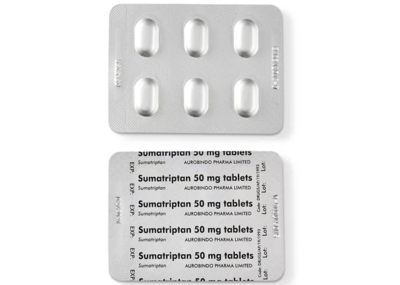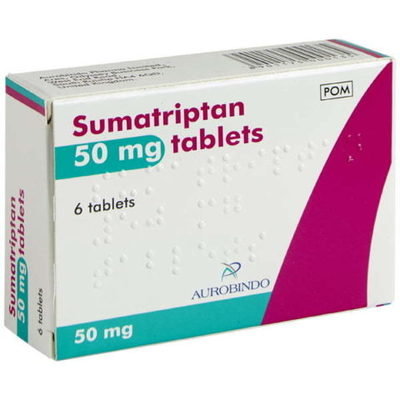Migraine is a neurological health condition that affects millions of people in the United Kingdom. Although migraine headaches are not life-threatening, they may result in serious issues if not treated quickly. If you’re currently experiencing severe headaches but aren’t sure if you have a migraine, visiting your doctor is the best thing to do. At the hospital, your doctor will diagnose your condition by using a couple of techniques to understand whether or not you have a migraine. This test will help you understand if migraine tablets or painkillers are right for your headache.
In the rest of this post, you’ll better understand the different diagnostic approaches and treatment options for migraines.
What are the effective tests for migraines
It’s not ideal to start using migraine tablets when a “migraine” hasn’t been diagnosed. In case you’re currently experiencing unusual, complex or severe headaches, the best thing to do is visit your doctor for a proper diagnosis. Apart from using your medical history and symptoms, two other effective approaches for testing migraines involve the use of magnetic resonance imaging (MRI) and computerized tomography (CT) scans.
● Magnetic Resonance Imaging (MRI)
A magnetic resonance imaging (MRI) scan is a powerful magnetic field and radio waves. By using this scan process, detailed images of your brain and blood vessels will be acquired. This approach assists doctors in diagnosing several other types of neurological issues, such as brain bleeding, tumours, strokes, and infections.
● Computerized tomography (CT)
Unlike MRI, a computerized tomography or CT scan works with the help of a series of X-rays. With these X-rays, your doctor can easily acquire detailed cross-sectional images of your brain to detect the primary cause of your headaches.
What are the best treatment options (medications) for migraines?
Generally, migraine medications are dived into two major categories;
- Pain-relieving medications
- Preventive medications

Pain-relieving migraine medications are acute or abortive treatments that migraine sufferers rely on during any attack or when a symptom surfaces. On the other hand, preventive medications only work to reduce how severe your migraine could be.
1. Pain-relieving migraine medications
Today, there are many different types of migraine relief tablets or medications you can rely on today:
- Painkillers are over-the-counter medications that can help you relieve migraine symptoms, such as pain. Some good examples are aspirin and ibuprofen. These medicines are effective only for mild symptoms.
- Triptans are medicines that fall under the class of drugs, known as serotonin receptor agonists. They work by tightening or narrowing the blood vessels in your head. This process helps to restrict pain signals from getting to your brain. Some effective examples of “triptan” migraine tablets are sumatriptan 50 mg, zolmitriptan tablets, and rizatriptan.
When taking Sumatriptan migraine tablets or any other triptan drugs, ensure to use the right dose. You should also confirm with your doctor to understand the better option to choose for your migraine symptoms.
- Dihydroergotamine (D.H.E. 45) is a type of pain-relieving medicine for migraine symptoms. It’s available in both nasal spray and injection forms. If your migraines often last more than 24 hours, you should consider using (D.H.E. 45) immediately after your migraine symptoms surface.

- Ubrogepant is an effective oral calcitonin peptide receptor antagonist for treating acute migraines with or without aura. Apart from relieving pains, other symptoms you can easily treat with this medicine are nausea, sound sensitivity, and light sensitivity.
- Like Sumatriptan 50 mg tablets, Lasmiditan is an effective oral migraine tablet. With this drug, you can easily treat your migraine symptoms with or without aura.
- Narcotic opioid medications are effective for patients who can’t take any of the aforementioned migraine medications. Your doctor will certainly not prescribe this medication until he’s sure you need it. This drug is highly addictive and this explains why doctors hardly prescribe it.
2. Preventive medications
As earlier mentioned, preventive medications are only effective in reducing the severity of your migraine symptoms. These medications are available in different types:
- Blood pressure-lowering medications, such as beta-blockers and calcium channel blockers, are effective in preventing migraines with aura.
- A tricyclic antidepressant, such as amitriptyline, is effective in preventing migraine symptoms. Unfortunately, this drug has strong side effects, which explains why doctors hardly recommend it.
- Botox injections are also effective for some adults.
- Valproate and topiramate are anti-seizure drugs that can effectively help you prevent migraine symptoms. These migraine tablets, however, are only effective for patients with less frequent symptoms of migraine.

